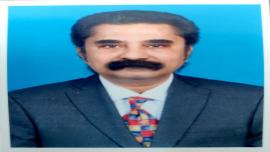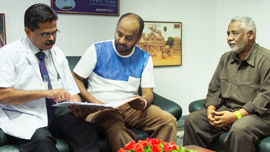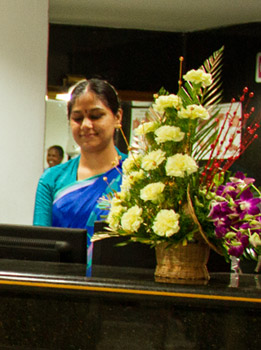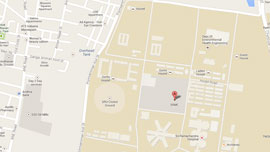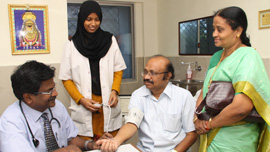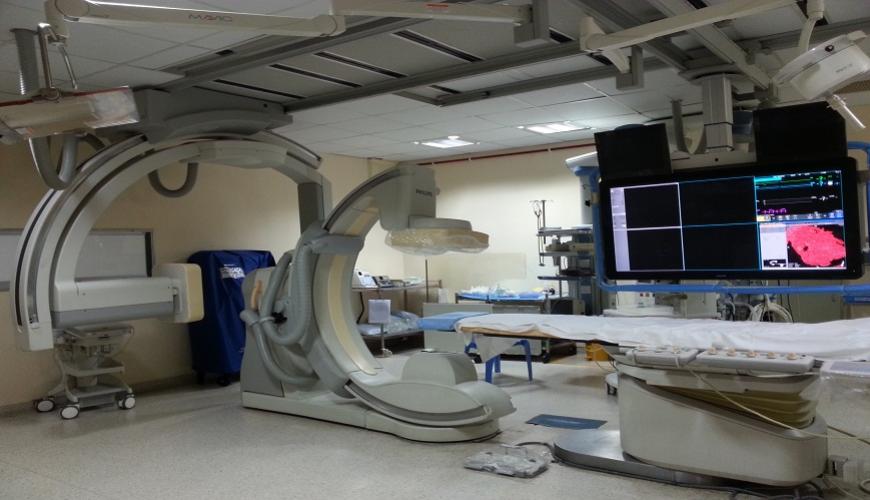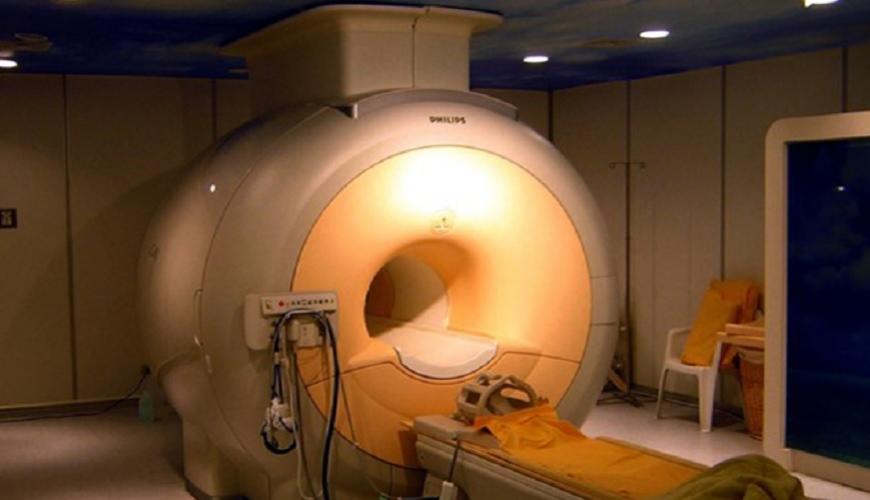About the Department
Diseases of the vessels of neck and brain result in significant morbidity. Many of these diseases may need emergency treatment to prevent poor outcome. The recent advances in the technology - DSA facility, endovascular materials and access devices has resulted in a quantum leap in minimally invasive neurointerventional procedures. Our state of art Neurocath lab has established this centre an area of excellence in neuro & vascular interventional procedures in the country.
The Department has three CT scanners. 16-slice Multidetector CT (Philips Brilliance 16) – 2 Nos and a state of the art 64-slice CT (GE VCT XT). The volume data of the CT images are processed in ADW 4.4 and EBW 4 workstations to produce excellent 3D reconstruction images.
The Department is equipped with 1.5 T MRI (GE Signa HDxt) with 16 channel system and Siemens Magnetom avanto 32 channel 1.5 T MRI. Around 30 – 40 MRI examinations are carried out every day. 1.5T MRI and dedicated integrated PACS network for optimizing work flow.
Superspecialities such as neurosurgery, neurology, stroke units are mainly dependent on the diagnostic and interventional neuroradiology in interpreting and managing several complex disease related to neurosciences.
This is particularly relevant as there is a worldwide drift in the management of ischemic and haemorrhagic stroke towards minimally invasive interventional procedures. In a country like India where the mortality, morbidity and disease burden associated with the cerebrovascular diseases is very high, we are proud to offer preventive measures and treatment to the same.
With the current developments in superspeciality hospitals in the country there is huge gap between the supply and demand of such specialist. A careful structured training is essential to develop such superspecialists. We are honoured to run such training programs for young and budding neurointerventionists since the last decade.






